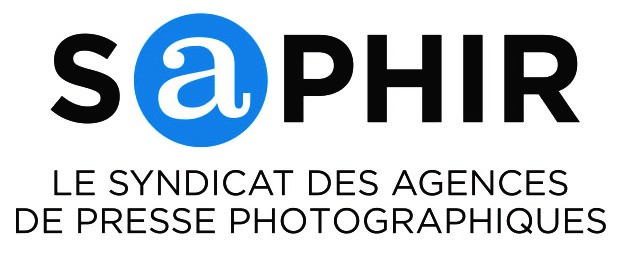Geneva, December 13, 2019
Beginning December 13, 2019, WIPO published its issues paper with a call for comments from the widest-possible global audience. It is the latest step in WIPO’s response to the ongoing interaction of AI with the IP system, including the use of AI applications in IP administration.
“Artificial intelligence is set to radically alter the way in which we work and live, with great potential to help us solve common global challenges, but it is also prompting policy questions and challenges,” said WIPO Director General Francis Gurry.
Machine learning relies on information in the form of electronic data, which is also at the heart of intellectual property and innovation in a global digital economy. I invite everyone with an interest to assist us in formulating the questions that are confronting policy makers and to share with us their expertise in order to have a focused dialogue.
WIPO Director General Francis Gurry
How does artificial intelligence impact intellectual property?
Artificial intelligence (AI) is increasingly driving important developments in technology and business. It is being employed across a range of industries, from telecommunications to autonomous vehicles.
Increasing stores of big data and advances in affordable high computing power are fueling AI’s growth. AI has a significant impact on the creation, production and distribution of economic and cultural goods and services. Since one of the main aims of the IP system is to stimulate innovation and creativity in the economic and cultural systems, AI intersects with IP in a number of ways.
In January 2019, WIPO issued a study that surveyed the landscape of AI innovation. The “WIPO Technology Trends” report provides a common information base on AI for policy and decision makers in government and business, as well as concerned citizens across the globe.
In September, WIPO held a Conversation on IP and Al bringing together member states and other stakeholders to discuss the impact of Al on IP policy, with a view to collectively formulating the questions that policymakers need to ask.
At the conclusion of the meeting, Mr. Gurry announced that WIPO would commence an open process to develop a list of issues concerning the impact of Al on IP policy that might form the basis of future structured discussions.
Submissions on this new draft issues paper issued today are invited through February 14, 2020. Following the submission of comments, a revised issues paper will be prepared. All submissions will be posted on the WIPO website.
















